Export of Chicken Feet from Iran to Europe: Opportunities, Challenges, and Market Growth
Introduction
Exporting chicken feet from Iran to Europe has emerged as a promising opportunity within Iran’s non-oil export sector. With a rising demand for chicken by-products in the European food and pharmaceutical industries, Iranian producers and exporters can tap into a stable and high-value market. The key lies in meeting EU hygiene, processing, and certification standards — areas where Iran’s poultry industry has made significant progress in recent years.
The European Market for Chicken Feet
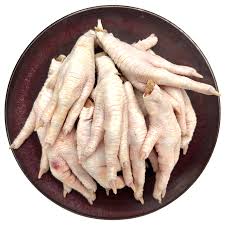
European countries such as Germany, the Netherlands, Belgium, and Poland import chicken feet for gelatin and collagen production, as well as for the Asian communities living across the continent who use chicken feet as a traditional food product.
The EU poultry by-product market is projected to grow steadily, driven by:
-
Increased demand for collagen and gelatin in cosmetics and pharmaceuticals
-
Expansion of ethnic food markets in major cities
-
The trend toward zero-waste animal processing and sustainable protein use
For Iranian exporters, this means there is an accessible and profitable niche — provided they can comply with European veterinary and customs requirements.
Iran’s Competitive Advantage
Iran is one of the largest poultry producers in the Middle East, with millions of tons of chicken produced annually. The by-products, including chicken feet, wings, and beaks, are often underutilized domestically.
Exporting these parts to Europe provides:
-
New revenue streams for poultry processing companies
-
Reduced waste in the supply chain
-
Improved sustainability in the poultry sector
Iran’s geographical location offers another major advantage. Proximity to both European and Eurasian markets enables cost-efficient logistics, especially through the Caspian Sea and Turkish trade routes
EU Standards and Export Requirements
To enter the European market, Iranian chicken feet exporters must comply with EU food safety and veterinary regulations. Some key requirements include:
-
Health Certification – Products must come from slaughterhouses approved by the Iranian Veterinary Organization and recognized by the EU.
-
Processing Standards – Facilities must meet Hazard Analysis and Critical Control Point (HACCP) and ISO 22000 standards.
-
Cold Chain Logistics – Frozen chicken feet must be transported at constant temperatures below –18°C.
-
Packaging and Labeling – Clear labeling in English, with details about product origin, weight, and expiration date.
-
Traceability – Full documentation of origin, processing, and shipping routes for customs clearance.
Meeting these standards not only ensures market access but also builds trust with European buyers

Packaging and Logistics
High-quality vacuum packaging and frozen container shipping are essential for maintaining product integrity. Exporters typically use 40-foot refrigerated containers (reefers) to transport bulk chicken feet from Iran’s processing plants to ports in Turkey or Georgia, and then onward to European destinations.
Investing in modern freezing technology, international barcoding, and certified packaging materials will significantly improve competitiveness and brand recognition in the EU market
Future Outlook and Opportunities
According to industry trends, the demand for chicken feet and other poultry by-products in Europe will continue to rise as:
-
Collagen extraction and bio-ingredient industries expand
-
Sustainable meat processing becomes a priority in EU policies
-
Consumers show growing interest in Asian cuisine and functional food products
If Iran continues to improve export infrastructure, cold storage capacity, and certification systems, it can become a regional hub for processed poultry exports to Europe
Conclusion
The export of chicken feet from Iran to Europe represents a valuable opportunity for diversification of Iran’s agricultural exports. By adhering to EU import regulations, investing in modern processing and packaging, and leveraging regional trade routes, Iranian exporters can position themselves as reliable suppliers in the European poultry by-product market.
With proper branding and quality assurance, “Made in Iran” chicken feet could soon become a recognized product in the European protein and collagen industries
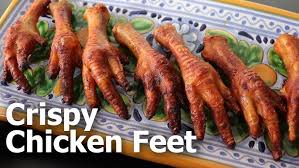
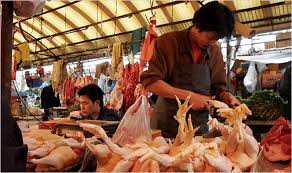
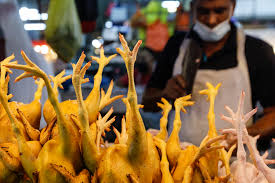
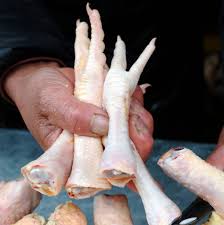
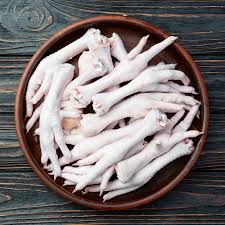
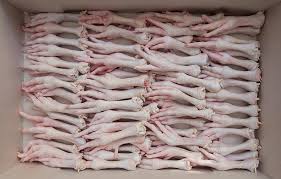
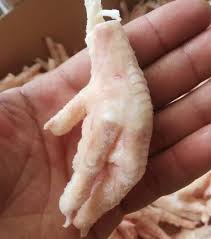
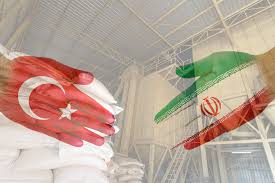
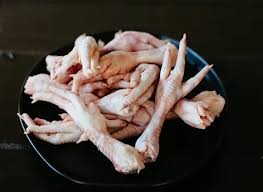
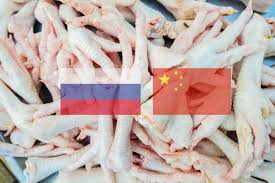
بدون دیدگاه